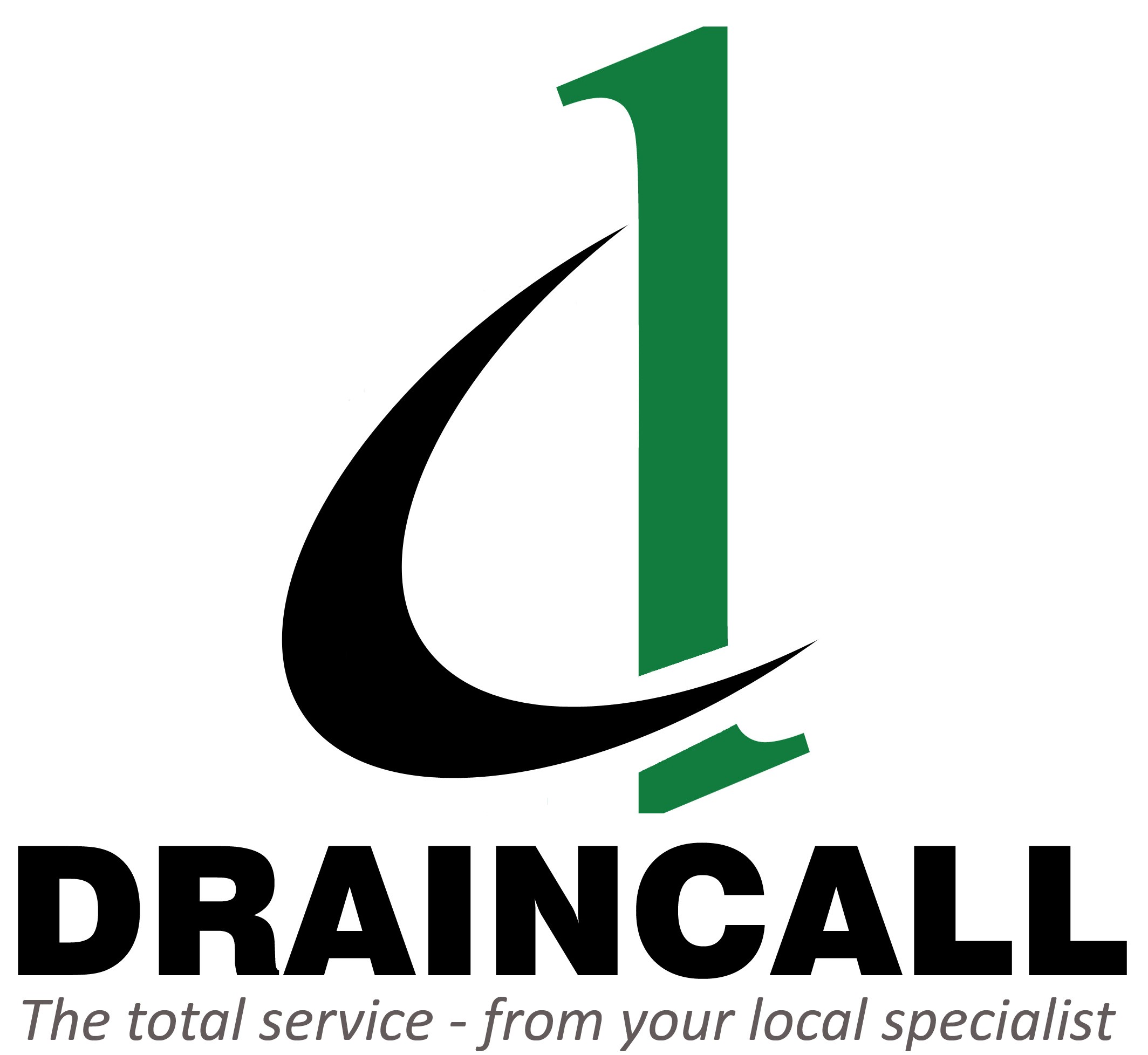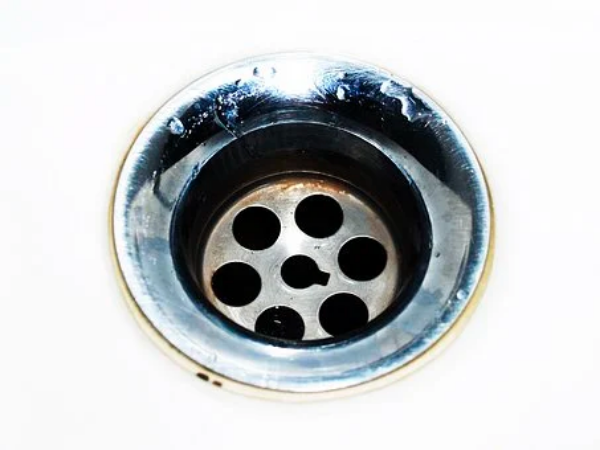What Happens When You Use Chemical Drain Cleaner?
Typically, an individual’s first reaction wherever they have a problematic drainage situation is to head straight towards a chemical drain cleaner but, have you ever thought about what you are actually pouring down your drain? If so, then you have certainly come to the right place here at Draincall.
In this article, we are going to disclose what happens when you utilise drain cleaning solutions and the possible risks they pose to your plumbing and safety.
How Do Chemical Drain Cleaners Work?
There are three primary types of chemical drain cleaners which are Oxidising, Caustic and Acidic.
Essentially, oxidising drain cleaners changes the structure of residue to render it more easily removed and more dissolvable in your drains. This is usually done by the effects of bleach, peroxides or nitrates. They are best suited for dislodging organic material like food.
Caustic drain cleaners use a slightly different approach to chemical cleaning with hydroxide ions and alkaline chemicals. As the ions and chemicals combine, they create large amounts of heat and transform the blockage into a soapy substance. They are better suited for clogs which involve grease.
Finally, acidic drain cleaners work by using acid, such as sulfuric or muriatic, to break chemically down clogs. They are generally better for clogs formed by loose hair.
Are Chemical Drain Cleaners Dangerous?
Chemical drain cleaners can expose users to incredibly dangerous chemical reactions. Any substance that can melt organic material or create a lot of heat extremely fast is not something you want to splash on your face or body. More specifically, sulfuric acid and sodium hydroxide, both of which are typically involved in drain cleaning, can be incredibly dangerous because:
- Sulfuric acid is a corrosive liquid which gets extremely hot when it touches water, and if it comes into contact with any part of your body, you can end up with a severe injuries
- Sodium hydroxide, when it’s dissolved in water, releases a lot of heat. Exposure to sodium hydroxide can cause eye, skin, irritation and lead to more severe problems like hair loss and burns.
Alternative Solutions You Should Consider
Calling a professional drain cleaner is not only safer and better for your plumbing than chemical drain cleaners, they’re also a more effective method when removing stubborn clogs. This is because drain cleaning professional will ustlised environmental safer equipment such as:
- Drain snakes, drain augers or drain plungers to loosen debris
- Hydro-jetting washers which use commercial-strength machines with high-powered water jets to blast through drain networks if blockages are more severe.
Final Point
If the drain cleaner doesn’t get rid of the blockage then you are left with a bigger problem than when you started. This is because you will still have a clog and now you have extremely hot, corrosive liquid sitting on top of your pipe. This can cause your pipes to weaken and be more susceptible to leaks.
If you would like to get in contact with a drain cleaning expert to solve your drain issues, you can always count on the professionals here at Draincall. Contact us today.

